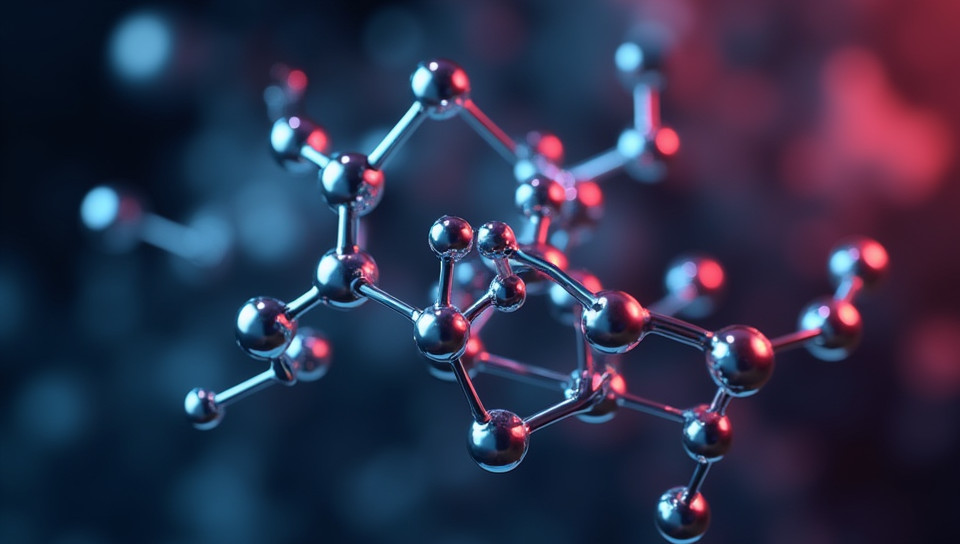Quantum computing allows for precise chemical bonding predictions 85%

Revolutionizing Chemistry: Quantum Computing's Breakthrough Predictions
Chemical bonding has long been a crucial aspect of chemistry, and understanding its intricacies has far-reaching implications for various fields, including materials science, medicine, and energy production. However, predicting chemical bonding accurately has been a challenging task for chemists and researchers. This is where quantum computing comes into play, promising to revolutionize the field with unprecedented precision.
The Power of Quantum Computing
Quantum computers utilize qubits (quantum bits) that can exist in multiple states simultaneously, allowing them to process vast amounts of information exponentially faster than classical computers. This unique property enables quantum computers to tackle complex problems that are currently unsolvable or require an unfeasible amount of time on classical machines.
Simulating Chemistry at the Quantum Level
Quantum computing has made significant strides in simulating chemical reactions and predicting molecular structures with unprecedented accuracy. By leveraging quantum algorithms, researchers can model complex interactions between molecules, shedding light on the underlying mechanisms that govern chemical bonding. This has far-reaching implications for various industries:
- Developing new materials with tailored properties
- Designing more efficient catalysts for industrial processes
- Identifying potential leads for pharmaceutical applications
The Future of Chemical Research
Quantum computing's impact on chemistry is poised to revolutionize research and development in the field. As computational power continues to increase, researchers will be able to tackle increasingly complex problems, leading to breakthroughs in areas such as:
- Materials science: Designing novel materials with unique properties
- Energy production: Developing more efficient catalysts for fuel cells and batteries
- Medicinal chemistry: Identifying potential treatments for diseases
Conclusion
Quantum computing's ability to predict chemical bonding with precision has the potential to transform various fields, from materials science to medicine. As researchers continue to harness the power of quantum computers, we can expect significant advancements in our understanding of chemical interactions and the development of new technologies that will shape the future of humanity. The possibilities are vast, and the implications are profound – a new era of chemistry is dawning, and it's just beginning to unfold.
- Created by: Sofia Mendoza
- Created at: Aug. 17, 2024, 12:34 a.m.
- ID: 7512








